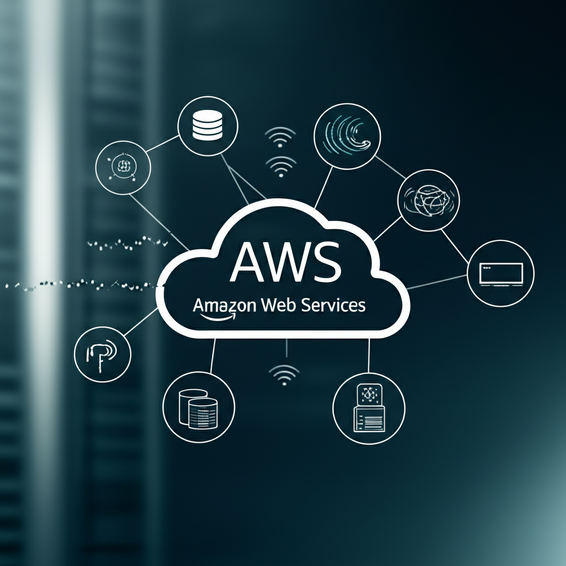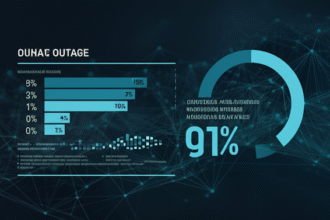Amazon Web Services (AWS) is one of the leading cloud service providers globally, powering a multitude of applications essential for modern businesses. However, incidents of outages can lead to significant repercussions for organizations relying on AWS. In this blog post, we will explore the impact of AWS outages on digital infrastructure and IT operations, drawing from real-world examples to illustrate the consequences.
Understanding AWS Outages
An AWS outage refers to a disruption in the services provided by Amazon’s cloud computing platform. These outages can stem from various reasons, including hardware failures, software bugs, or network issues. While AWS employs a robust architecture designed to minimize downtime, no system is immune to failure.
The Impact on Businesses
When an AWS outage occurs, the effects can ripple across numerous businesses. For instance:
- Downtime for Services: Online services hosted on AWS may become unavailable, leading to lost revenue and customer dissatisfaction.
- Data Access Issues: Organizations relying on AWS for data storage may experience temporary data access issues, impacting operations.
- Increased Operational Costs: Businesses may incur additional costs due to the need for backup solutions or compensatory measures to mitigate the impact of outages.
Case Studies of Notable AWS Outages
Several significant outages have showcased the impact of AWS disruptions:
– In November 2020, a major AWS outage affected multiple services, causing disruptions for companies including Netflix and Reddit, which led to widespread service unavailability.
– The outbreak of issues in S3 (Simple Storage Service) in March 2017 briefly took down numerous websites, enabling businesses to realize the criticality of reliable cloud service infrastructure.
Preventative Measures and Best Practices
To prepare for AWS outages, businesses should consider implementing the following:
- Multi-Region and Multi-Cloud Deployments: Distributing resources across multiple AWS regions or alternative cloud providers can provide higher availability.
- Automated Backups: Regular backups ensure that data remains accessible even during disruptions.
- Monitoring Tools: Active monitoring can help detect issues early, allowing businesses to respond proactively.
Conclusion
In conclusion, while AWS provides robust infrastructure solutions, understanding the potential impact of outages on digital operations is essential for businesses. Implementing preventative measures can help mitigate risks and ensure continuity even in the face of unforeseen events. Keeping an eye on AWS status updates and maintaining a plan for incident response will enhance operational resilience.







